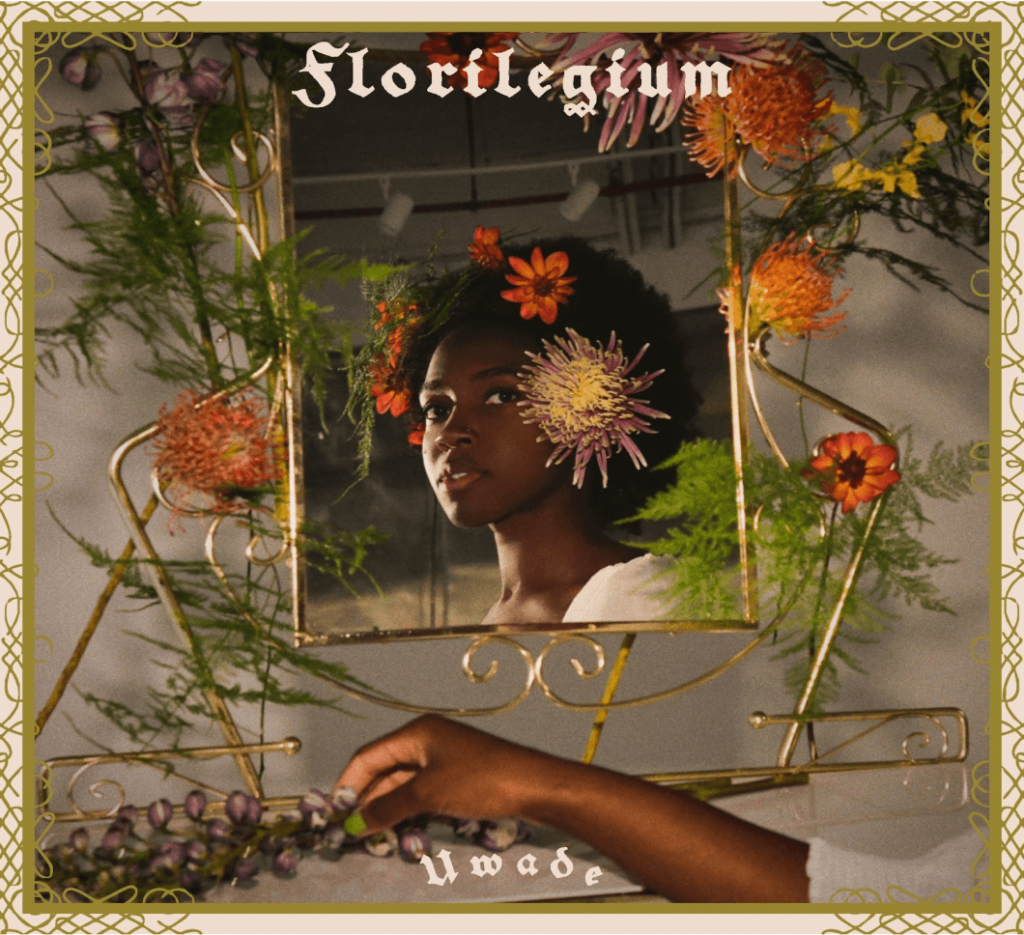New record pressing — Nick Dunston – Colla Voce, courtesy of Out Of Your Head Records.
What if the blue that I see is different from the blue that you see? This question is an infrastructure for my Afro-Surrealist Anti-Opera, COLLA VOCE. Often, when we think of Surrealism, we think of subconscious mental states, dreams, nightmares-those unexplored corners of our psyche. But Afro-Surrealism protests: what if that which one calls a ‘dream’ is a nightmare to another? What if that which one calls ‘rational’ is completely baseless to another? And surely, we must have varying ideas of what is ‘normal’. While many would consider the work of the great Frida Kahlo to be Surrealist, she herself said that she was simply painting her own reality. So who or what gets to determine the measuring stick for verisimilitude?
‘Anti-Opera’ is not an outright rejection of a particular medium, but an audacity to confront it, and when necessary, to subvert and turn it inside-out. ‘colla voce’-literally, ‘with the voice’. Moving with the voice, breathing with the voice, working together with the voice-all voices. Perhaps no other instrument is simultaneously understood and misunderstood as much as this one. There are four practitioners of it to whom I must express gratitude for the opportunity to work with directly: Cansu, Sofia, Isabel, and Friede- who not only (literally) breathed life into this work, but they being hyperpersonal creators in their own rights, immediately established themselves as the strands of DNA around which this music is built. Further gratitude goes to Tal, Maria, Anil, and Moritz-powerful instrumentalists, using their own inner voices to establish the necessary energy and tendons to bind together the overlap of cords and chords, both those in the larynx and those bound by wood. To JACK Quartet, who enabled me to cross even further into other dimensions by not simply adding, but exponentially multiplying resonance and mass, developing a sense of time that can be described as anything but linear, and entirely tangible. And to Weston, the producer of COLLA VOCE who sees the same blue that I see, entirely present in this province of collaboration since before I had even composed anything; no words can qualify their hand in shaping this work.
COLLA VOCE is a warped narrative of sorts, hurtling from acoustic universe to electric universe, string to scream, raw to produced, New York to Berlin, and of course: real to surreal. As a beckoning towards the libretto, it is largely inspired by writers: Octavia Butler, Toni Morrison, Ted Chiang, Richard Hugo, and Gabriel García Márques. Their works are fictitious, poetic, folkloric; genres that tend to uncover a potent emotional veracity. I continue to ask myself, how can we achieve this in the world of organized sound and noise, which is endless, diverse, and on beautiful occasions, Afro-Surreal? In other words-how is the Blues that I hear different from Blues that you hear?
-Nick Dunston, Chicago, January 8th, 2024
(Gotta Groove Records offers vinyl record pressing and EcoRecord manufacturing for independent labels, musicians, and artists – this post features one of the many records pressed at Gotta Groove in the past month).







